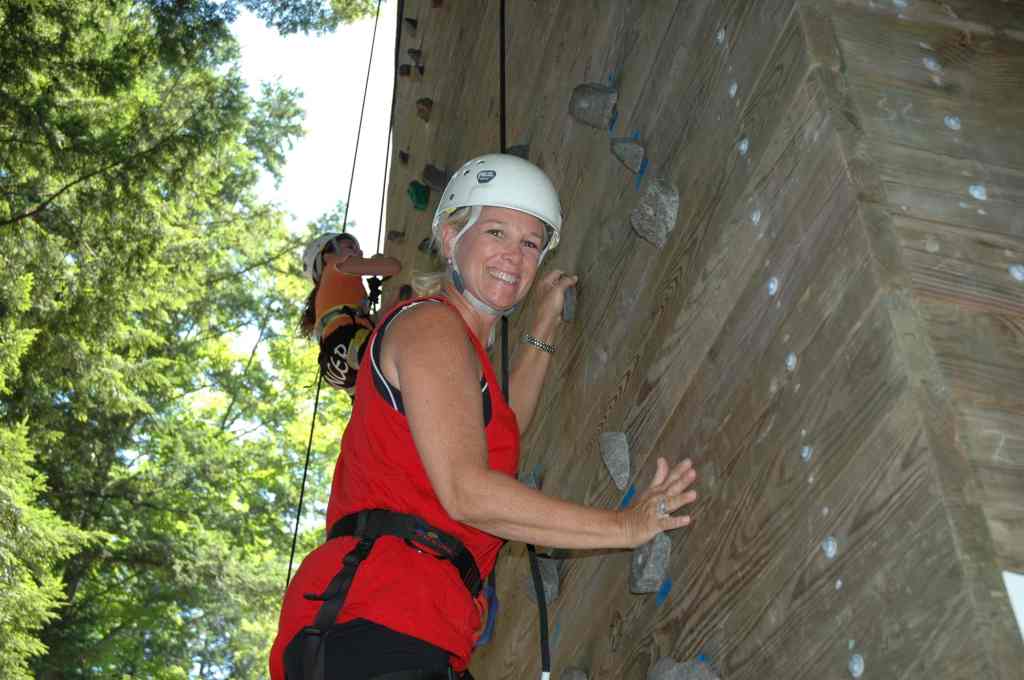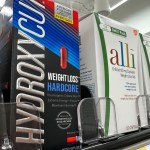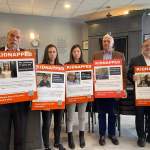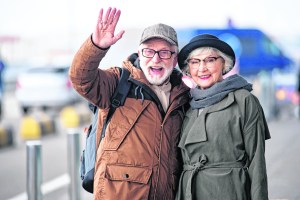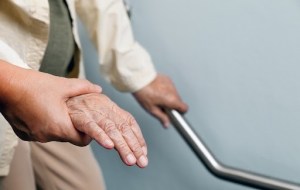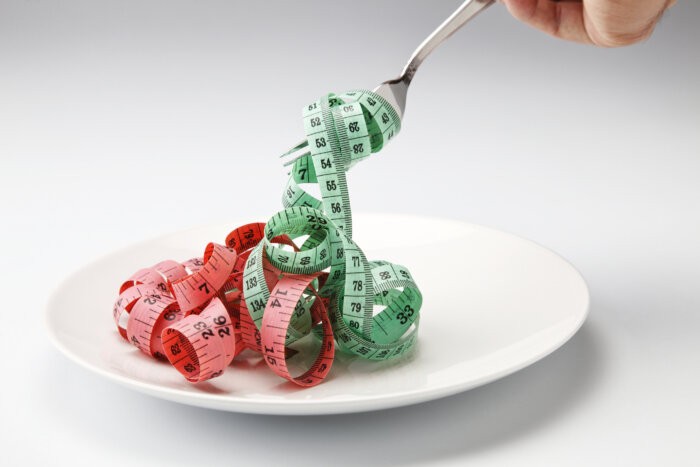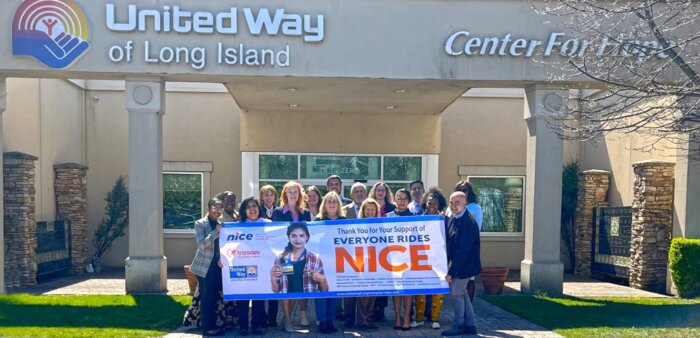Joan Lunden always wanted to be a doctor, like her father. She also thought about teaching for a time. When she became an award-winning journalist and bestselling author, she fulfilled her earlier dreams, through her work as a motivational speaker and a women’s health and wellness advocate.
Long before Lunden was a household name, she started humbly as a trainee for KCRA-TV’s news department in 1973. Within two years she was a weather person, reporter, and anchor for the station. Next stop, New York City, for a job at WABC-TV and then Good Morning America. Her nearly two decades as a television cohost are legendary.
She reported from 26 countries, covered five presidents, several Olympic Games, and told us how to care for our homes, families, and health. Life after GMA has included, among other positions, working as a special correspondent on the TODAY Show, host of the U.S. Centers for Disease Control and CBS television station’s series Your Health, and starting in January, she’ll be at the helm of PBS’ Second Opinion. She created a women’s summer getaway camp in Maine, designed a line of home goods, and wrote 12 books.
When I make the drive between my home and the office, I notice the sun coming through the trees. In my 30s I was too busy to see the sun.
-Joan Lunden
She’ll tell you quickly where her heart is. Health is her passion. She knows firsthand about health challenges. In 2014, Lunden was diagnosed with triple-negative breast cancer, which required chemotherapy, surgery, and radiation. She turned her experience into a teachable moment. She shared her cancer battle in her memoir Had I Known: A Memoir of Survival. She advocates for cancer patients on Capitol Hill and elsewhere and engages with the cancer community through social media and her website, joanlunden.com.
At 70, the wife and mother of seven, including two sets of teenage twins, is hardly slowing down. Earlier this year, she published her latest book, Why Did I Come Into This Room? A Candid Conversation About Aging. Her take on the female aging process is as informative as it is entertaining. She keeps it real, talking about the guts and glory of growing older.
Long Island Press spoke with Lunden, who will host Schneps Media’s virtual Health & Fiscal Wellness Expo on Dec. 3, to chat about her career, family, women’s health, aging and more.
What was it like in the beginning of your career in such a competitive industry? I was a young woman on local television news in New York when I got a call from my agent saying that I had gotten an offer to cohost Good Morning America. Twenty minutes later I got a call from my gynecologist telling me that I was pregnant with my first child. This would be new territory. I was one of the first anchors to appear pregnant on television. The network was great. When I told them that I was breastfeeding my daughter Jamie and that she needed to be with me, I got a dressing room for her next to mine. It had a crib, and a baby nurse would look after her. She was even with me when she was 1 year old, and I had to cover the royal wedding of Diana and Charles. I felt like I was helping make things change in the workplace for women. ABC got a lot of letters from viewers in support of what they saw happening for me. But also there was the realization that while it was wonderful that my workplace was accommodating, what about other women? This set me on a path to be an advocate for women. Earlier this year I testified before Congress urging them to support the Family and Medical Insurance Leave Act.
As a wife and mother of seven, what’s your advice to women about work-life balance? Don’t feel guilty. Guilt is the bane of working women. We’re always asking ourselves, “Am I at the right place at the right time?” When people ask my three older children what it was like when I was working at GMA, I love what they say: “That she showed us that we can do a lot with our life. We can be a mom, raise kids, and do other things.” I was relieved to hear them say this — you’re always worried that you screwed them up.
You’ve had an amazing career. What are some highlights? It was thrilling to cover the royal weddings of Diana, Fergie, and Kate, to cover presidential inaugurations, the Olympics, and do things like fly in a fighter jet that landed on an aircraft carrier. But then there are stories that I still carry with me. One of them was a story with the American Lung Association. In the segment a pregnant woman who was a smoker was hooked up to an ultrasound machine and when she took a puff, we could see the baby cringing. We saw how a baby feels when it’s not getting oxygen. We got boxes of mail about that show. That was more than 20 years ago. Back then the dangers of smoking when pregnant weren’t well known. It brought home that you can’t smoke and drink when you’re pregnant. Another story was about a woman whose daughter was killed by a drunk driver. We interviewed her on the day the driver was being put to death. She said the first few years after her daughter’s death she was filled with hatred. It consumed her so much that her marriage fell apart and she got a divorce. We asked her how she felt about him being put to death. She said she forgave him. She said something I’ll never forget. “A heart filled with anger has no room for love.”
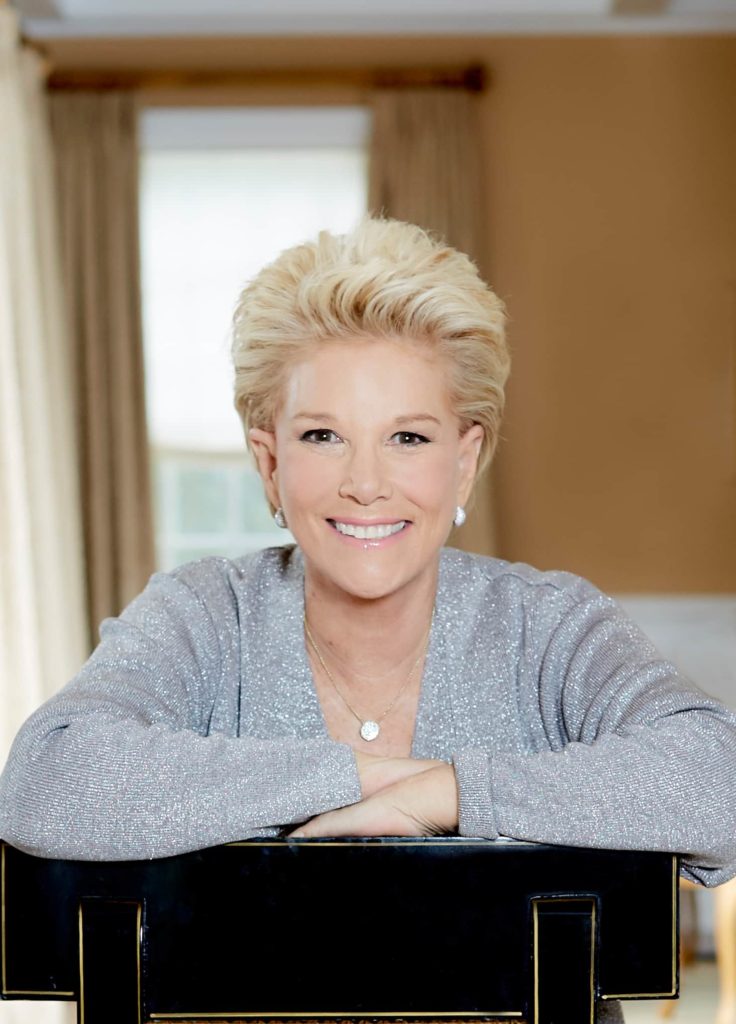
You’re a longtime health advocate. In 2014 you had to fight for yourself when you were diagnosed with triple-negative breast cancer. How did your life change? Breast cancer is viewed as a horrible thing, but within 24 hours of my diagnosis I realized it was an opportunity for me to carry on my dad’s legacy. He was a cancer surgeon. I didn’t become a doctor, but I could pass the baton. I could help get information to women and offer emotional support. Breast cancer changed the trajectory of my life and career. When you survive a crisis you get a new appreciation for life. Getting cancer pushed me to learn about my body. I felt empowered by what I found out and I wanted to share what I learned. It gave me new purpose.
What inspired your latest book, Why Did I Come Into This Room? After cancer I wanted to age successfully. I like to write about what I want to know more about — that’s my North Star. It took six years to write because something always got in the way. But I had to get this done. This book is for all my sisters. We age differently than men because of estrogen. We don’t talk enough about aging. I want the book to be a conversation starter. I went there, talking about what’s frustrating, annoying, embarrassing as we age, everything from a decrease in libido, leaky bladders, the forgetfulness, and expanding waistlines. I mean, I know I didn’t eat more Tostitos last year. Women need to know that what they are going through is normal, otherwise they think what the heck is happening to me and go down the path of thinking, I am less relevant, less sexy. That’s a terrible path. I want them to know what to expect and offer fixes, small tweaks they can make in their life that will have a big impact.
Speaking of aging, you just celebrated your 70th birthday. What was it like to hit that milestone? I like to say I got off the age train at 45. When I look in the mirror and how I feel, I’m between 45 and 50. But I was a little freaked out. We grew up thinking 70 is old. Back when my mother was young, 59 was the average life expectancy. We grew up hearing our parents talk about helping Uncle Charlie who can’t keep up, so in the back of our minds aging means decline, and that can be a self-fulfilling prophecy. It doesn’t have to be. It’s about attitude. You can extend that third stage of your life if you’re willing to do the work.
Are you slowing down any? Not at all. I don’t want to. I’m incredibly busy and there are a lot of opportunities. I play tennis and hike. During summers in Maine I’m into the climbing wall. I’m good at it. I pride myself on getting up that wall. The first time I did it my arms hurt so bad it hurt to brush my teeth. I learned the trick is using the lower half of your body for strength. But what has changed is how I view the passage of time. From my 30s through my 50s I was gunning at a rapid pace against the clock. I don’t do that anymore. I’m not in a race. I do what I damn well please. When I make the drive between my home and the office, I notice the sun coming through the trees. In my 30s I was too busy to see the sun. I have a sense of freedom.
Sign up for Long Island Press’ email newsletters here. Sign up for home delivery of Long Island Press here. Sign up for discounts by becoming a Long Island Press community partner here.



